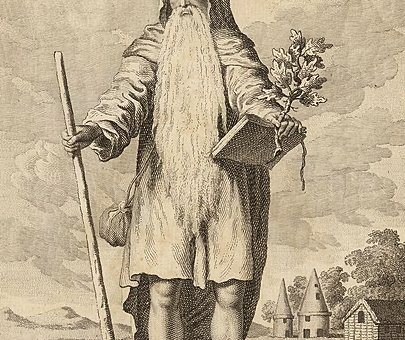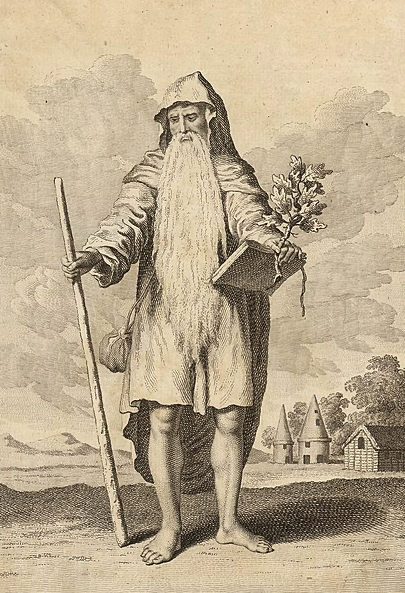
Beards have been surrounded by a myriad of superstitions and cultural beliefs throughout history, often symbolizing wisdom, strength, and virility.
Below are six of the most interesting beard superstitions from around the world.

1. Sign of Wisdom and Respect
In many cultures, especially in ancient civilizations like Greece and Egypt, a full beard was considered a symbol of wisdom and dignity. Philosophers and kings often sported beards to signify their status and intellectual prowess.
2. Beards as Protective Amulets
Sometimes beards were believed to have protective properties. Vikings, for instance, regarded their beards as a safeguard in battle, believing that they protected against enemy slashes. They also thought beards could intimidate their foes (as did the pirate Blackbeard).

3. Beard Cutting as a Sign of Shame
Cutting off a man’s beard was often seen as a great dishonor. In the Middle Ages, forcibly shaving a man’s beard could be used as a punishment or a way to humiliate him, as the beard was a source of a man’s pride and symbol of his manhood.
4. Superstitions about Trimming or Cutting Beards
There are beliefs that trimming or cutting one’s beard on certain days could bring bad luck. For example, some cultures avoid shaving or cutting their hair on Tuesdays or Thursdays as it is believed to result in reduced virility or poor health.

5. Beard and Marriage Prospects
In some parts of Eastern Europe and Asia, a thick beard was once considered a sign of fertility and thus made a man more attractive to potential brides. The superstition held that men with lush beards would have strong offspring.
6. Omens of Future Events
In certain traditions, the first gray hair in a beard was regarded as an omen. Depending on the locality, it could either predict upcoming wealth or signal impending doom.

